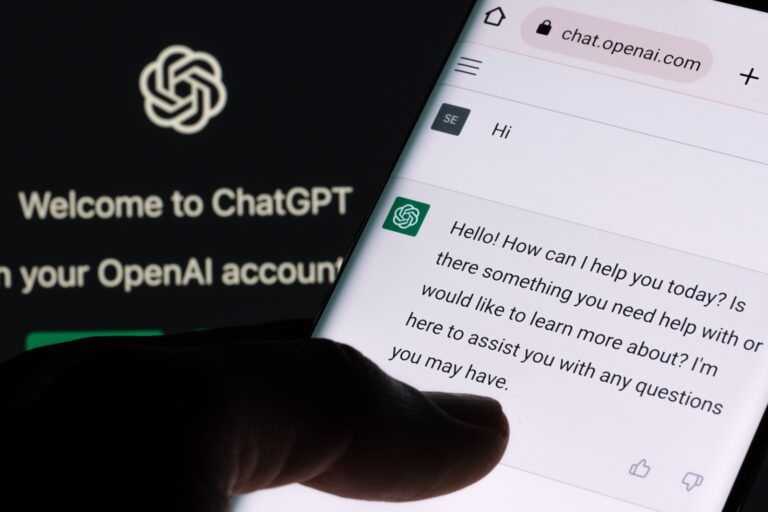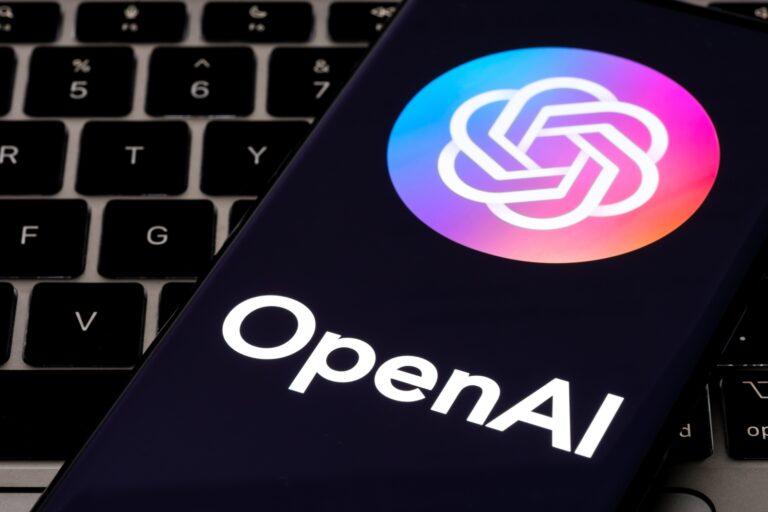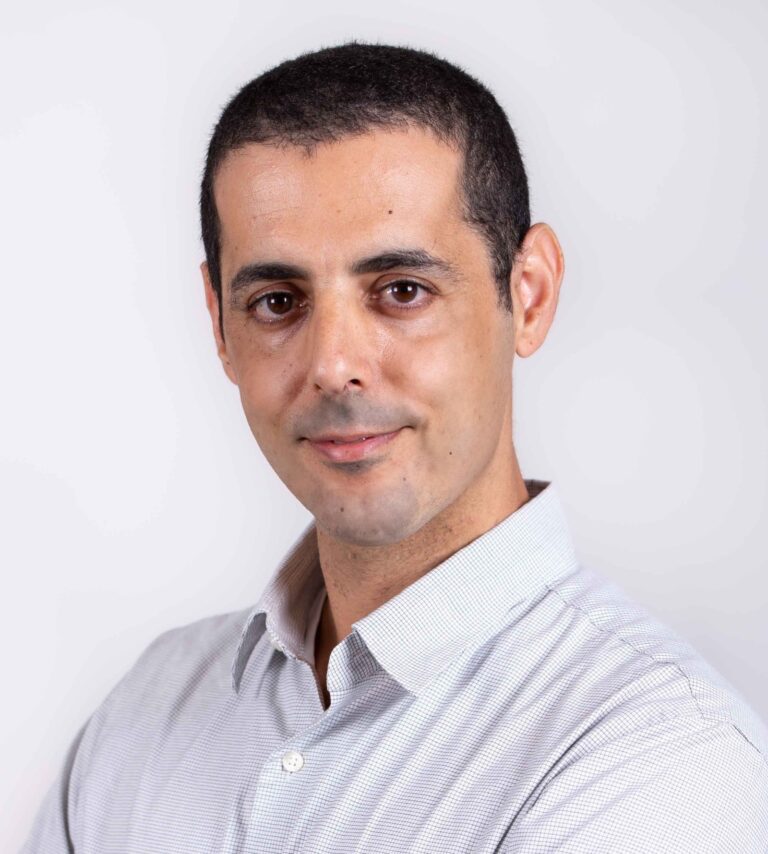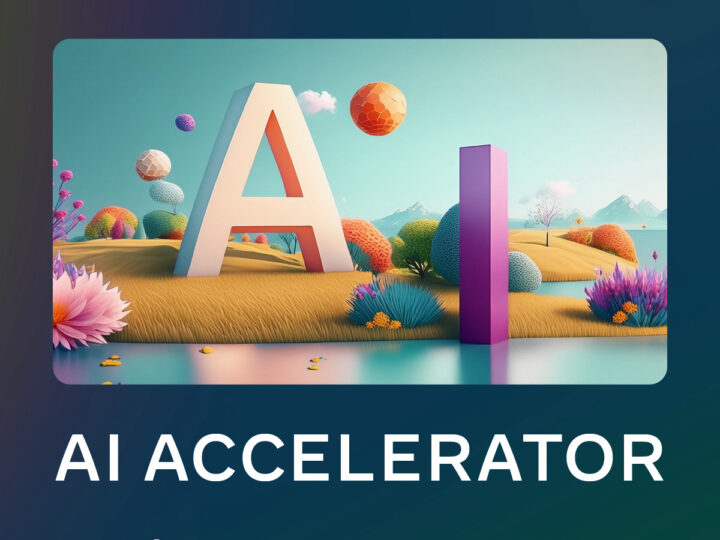You cannot search the news online these days without being inundated by the hype around generative AI and specifically ChatGPT by OpenAI of San Francisco.
In fact, the points used for this piece were crafted by prompts using ChatGPT, though all the writing was done by a human being – I promise!
ChatGPT defines generative AI as “a subfield of artificial intelligence (AI) that focuses on the creation of new and original content, such as images, videos, music, and text. It involves the use of machine learning algorithms, such as neural networks, to generate new data that is similar to or inspired by existing data.
“The goal of generative AI is to create content that is unique and unpredictable, but also coherent and meaningful. By learning patterns and structures in existing data, generative AI can create new examples that are similar but not identical.”

As opposed to technology like cryptocurrency, which took time for mass adoption, consumer-focused generative AI has spread quickly.
Launched November 30, 2022, ChatGPT grew faster than wildly popular apps like TikTok. DemandSage reports that as of January 2023, Chat GPT crossed the 100 million users milestone, with 13 million individual active users per day.
One of the reasons for its popularity is because this generation of consumer AI tools is focused on empowering professionals, teams and creators, with its ease of use.

Gen AI in the Startup Nation
We are still at the nascent stages of this revolution that will touch every aspect of our lives, but many of the first companies empowering professionals and creators to utilize this powerful technology are coming from the Startup Nation.

As a growing vertical in the Israeli ecosystem, generative AI startups excel because of well-known factors such as army service and an entrepreneurial ethos, along with excellent technical skills and the role larger and legacy tech companies play in the ecosystem.
“It’s the ability to see how revolutionizing Gen AI is. While the existing capabilities are already groundbreaking, the models and performance will get even better in no time,” says Raz Bachar, Microsoft for Startups managing director of Israel and global industry lead.
“For B2B startups, entrepreneurs should figure out how they can enable end customers to harness these capabilities to create a competitive advantage. There are great opportunities to add a layer which can create unique value proposition,” Bachar adds.
“For B2C, I believe one key aspect is to understand that the way a user is interacting with a system is going to evolve. Focus on the outcome that a user would like to achieve instead of the steps that they need to take to get there. Allow him to describe the desired outcome in the most simplified way.”
Legacy startups
The use of artificial intelligence is being accelerated in Israel with companies such as AI21 Labs helping to transform the way humans read and write.
AI21 Labs — cofounded by Stanford Prof. Emeritus Yoav Shoham, CrowdX founder Ori Goshen and Mobileye founder Prof. Amnon Shashua – is constructing AI systems with an unprecedented capacity to understand and generate natural language.
The company has three core products leveraging its natural language processing (NLP) technology:
- AI21 Studio boasts the largest and most advanced language models in the world, allowing businesses to build NLP-based apps and services.
- Wordtune is the first AI-based writing companion that understands context and meaning, allowing individuals to write exactly what they mean in a clear and compelling way.
- Wordtune Read, an AI-based reading companion, helps people read more efficiently by offering abstractive summaries of articles, reports and PDFs.
“There has been a recent surge of companies looking to build on generative AI and we are here to provide the platform for them to do that through our enterprise options,” Goshen says.
“Our overall goal has always been to bring generative AI to the people, and change the way the world reads and writes. Our position in Israel is only accelerating our ability to do that.”
Goshen adds that because “Israel is a leader across numerous high-tech categories, it is no surprise that we are home to some of the world’s top generative AI companies.”
Finding Gen AI freelancers
Along with established and growing startups utilizing generative AI, unicorns such as Fiverr give freelancers and creators a marketplace to sell their AI-augmented services.
Searches for AI-related services on the Fiverr platform have increased over 1400% in the last six months. Businesses are not only interested in integrating AI into their operations, sales and marketing campaigns, but are also searching for people skilled at using these new tools.
“We are living in an era with so much progress and velocity in technology that is creating a raft of new opportunities,” says Micha Kaufman, founder and CEO of Fiverr.
“We have seen an influx of services leveraging new AI tools that advance what artists, writers, and programmers can create and sell,” Kaufman continues.
“These AI services have created a new baseline expectation for what we can imagine in imagery, copy and programming, but are nothing without the people who have invested their time and have the right skills to get the best out of them.”
Gen AI in marketing
A common theme is the use of generative AI to help creators and marketers become more productive and increase their output.

An example is Sighteer, whose personalized AI platform learns a customer’s industry, messages, design theme and (importantly) voice to automatically create and distribute relevant, engaging content. The startup is bringing a vision of personalization and automation to generative AI.
Sighteer was founded by Eran Reshef, a serial entrepreneur with a background in cybersecurity, marketing and AI. Several of his companies had successful exits, such as Sanctum (acquired by IBM), Skybox Security (acquired by Providence Equity Partners) and Collective (acquired by IAI).
Consistent content generation is a lynchpin in any marketing strategy, and this is where generative AI comes in. Public generative AI models are limited in data and the accuracy of AI content is hard to validate. As a result, producing specific images in a brand’s design language is a challenge.
Sighteer developed personalized AI models trained on a customer’s data and updated constantly. Acting like a content marketer, Sighteer offers a solution while ensuring that the content is accurate and matches the customer’s voice and design theme.
Though Sighteer is a creator tool, the startup also donates its technology to Project Max, a movement fighting racism, antisemitism and intolerance through sports.
Marketing video made simple
Another Israeli marketing tool using AI for generative video content is Peech.
Founder and CEO Danielle Dafni started at an early age in the video and cinema industry. She served in the IDF Spokesman’s Video Unit, where she created video content for media and social media.

The day after finishing her military service, she bought her first professional video editing station, which enabled her to work for several Israeli companies and global brands.
While working with marketing teams, she noticed certain video types (such as talking-head videos, thought-leadership videos, testimonials, how-to videos and interview videos) that require less talent and experience to edit. The editing process — cost prohibitive and time consuming for companies, and simply repetitive for her — had a pattern that technology could replicate better and faster.
Dafni created a solution that replaces an expert’s hands (video editor, animator and graphic designer) to scale the process for day-to-day video content.
Using AI and NLP technology, Peech gives content teams the independence to generate unlimited high-quality and engaging content, while saving time and money in generating marketing leads.
As Dafni states, “This is not about video; it’s about how to generate new professional content without relying on external experts and to become really unstoppable. For the first time in history, humans can do anything with a press of a button — it’s all about creativity.”
Community is key
Along with marketing solutions, generative AI has helped professionals use their time more effectively. Six years ago, entrepreneur and community leader Tommy Barav founded a community called Supertools to guide members in using tech to manage their time, workflow and priority-setting.

After he helped grow the community to 50K members, he worked as a consultant for companies in cleaning up their time management. Going into employees’ Gmail, calendar and Slack, he determined that most of the time wasted was a result of their calendars being designed for the previous century.
This led to founding his startup, Magical. Accepted to the Fusion accelerator, Barav reverse-engineered the process of building his startup by asking the time management community what they wanted, as opposed to putting a product out and working to gain traction.
Magical made its first hires from the Supertools community, raised over $5 million from investors, and launched last September.
Today, Magical is building a time operating system using generative AI, offering users a healthier and smarter way to create, plan, schedule and run meetings.
Magical’s AI rapidly analyzes a user’s calendar to assess availability and suggest ideal times to meet. It uses AI to automate agendas and meeting notes.
By simply typing the topic or name of the meeting, Magical’s AI can rapidly produce a detailed bullet-pointed meeting agenda. Both features are accessed and operated directly from browser tabs.
In the future, Magical will use generative AI to create additional automations that seamlessly manage a user’s time.
AIL Community
Another community — which grew almost overnight in Startup Nation can-do style — is the AIL Community of over 4,000 individuals “dedicated to exploring the potential of AI and promoting its responsible and ethical use.”
Launched at the beginning of this year, the AIL Community already hosted a major conference with the support of key ecosystem players such Microsoft, Nvidia and Checkpoint.
Within the AIL Community are nearly 20 active WhatsApp groups, separated into different groups such as ML and AI, sales, product and cybersecurity. In this way, the community is engaging professionals from all corners of the tech sector.

One of the founders of the AIL Community, Odeliah Kanzen, 21, grew up in London and came to Israel three years ago to study at Reichman University. Growing up, her parents encouraged her to be an entrepreneur and pushed her to achieve her potential.
“The goal of the community we’re building is to create a network which allows people to get ahead in the AI world and allows people to come together and share connections,” Kanzen states. “We bring them together as the AI world is moving so quickly so having a network like this is invaluable.”
Funds pouring in
From an investor’s perspective, despite a challenging fundraising environment, venture capital is still pouring into Gen AI companies.
“We expect that generative AI will be productivity enhancing for many industries, rather than outright replacing jobs,” says Ibex Investors Partner Ryan Mahon.
“Though given the demographic situation around the world, we need more automation simply to replace the flat to shrinking labor force in many developed countries.”
Mahon continues, “The best positioned companies will be those with useful, proprietary data to build fine-tuned models on top of the base foundation models. And the best-positioned workers will be those with expertise in a subject who know how to ask the right questions.”
Jonathan “Yoni” Frenkel is a content strategist and founder of YKC Media, a digital marketing agency that works with the global tech/venture/startup community.
















